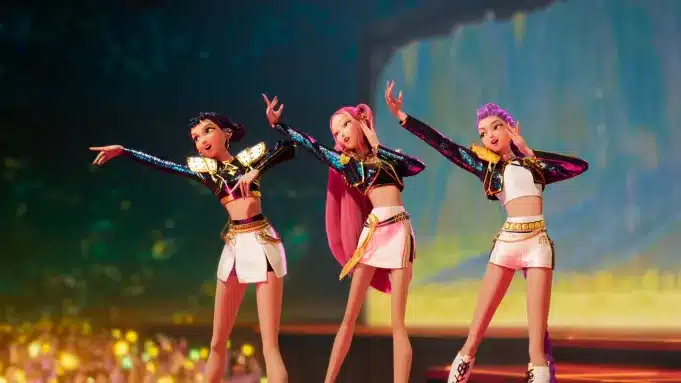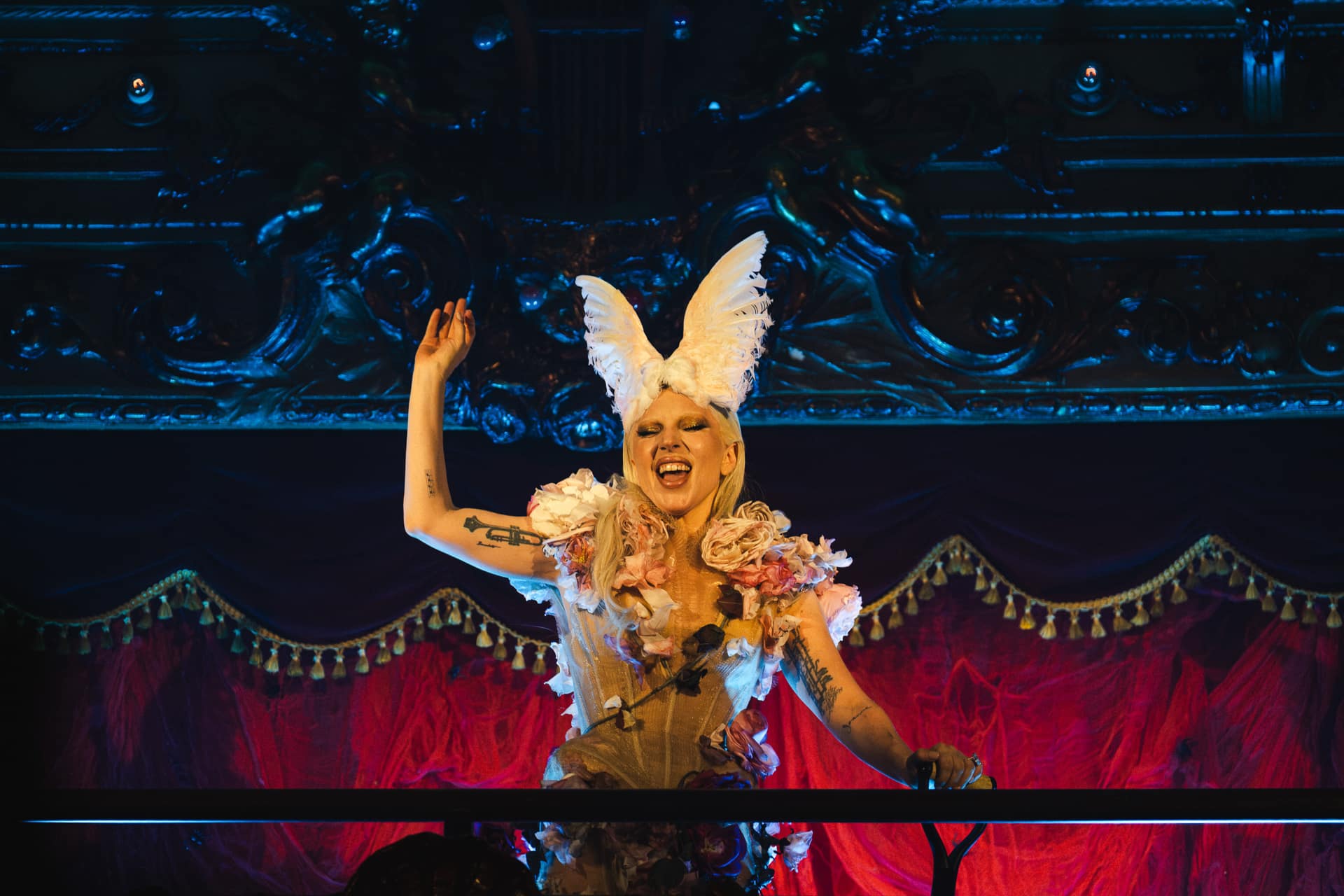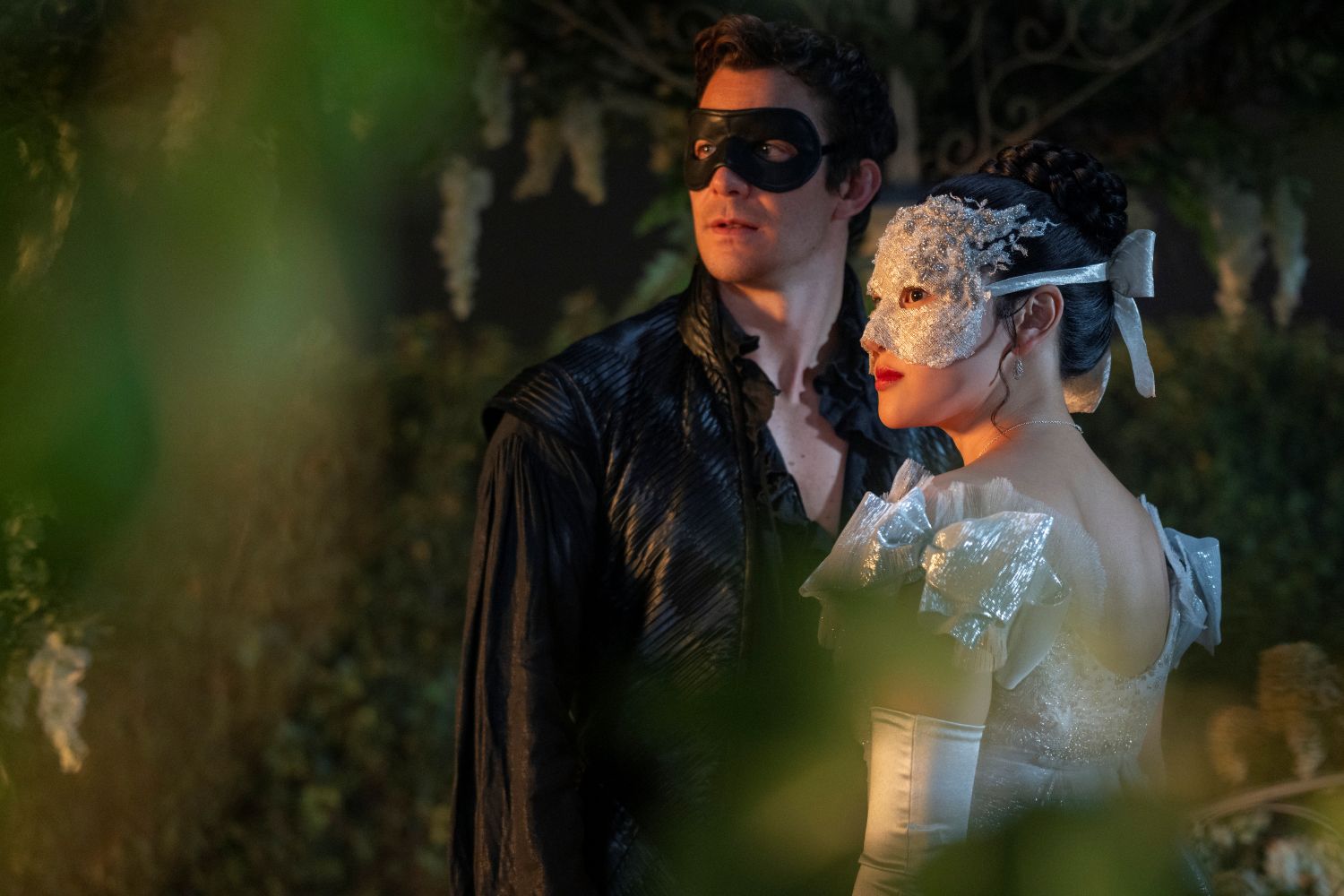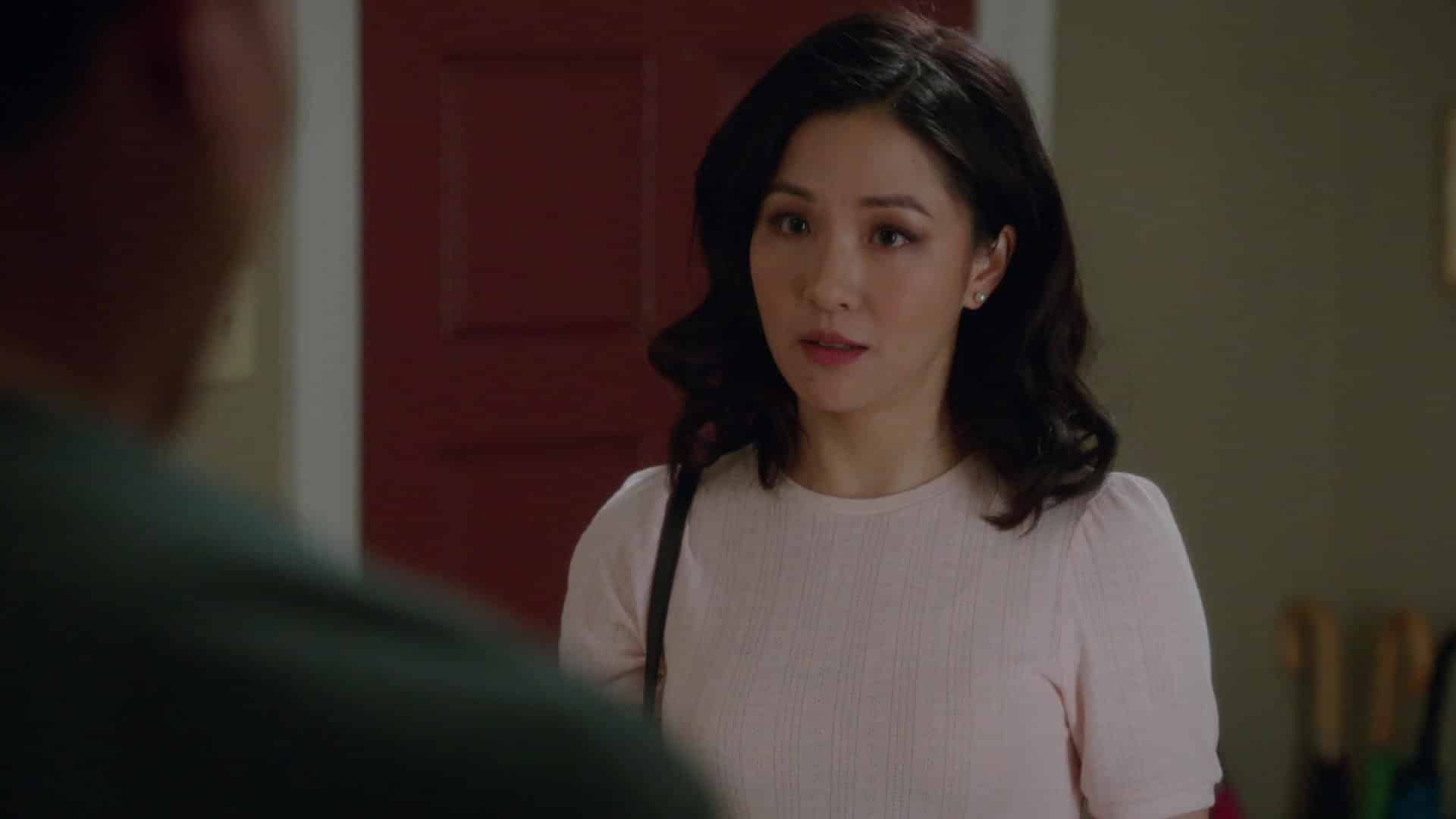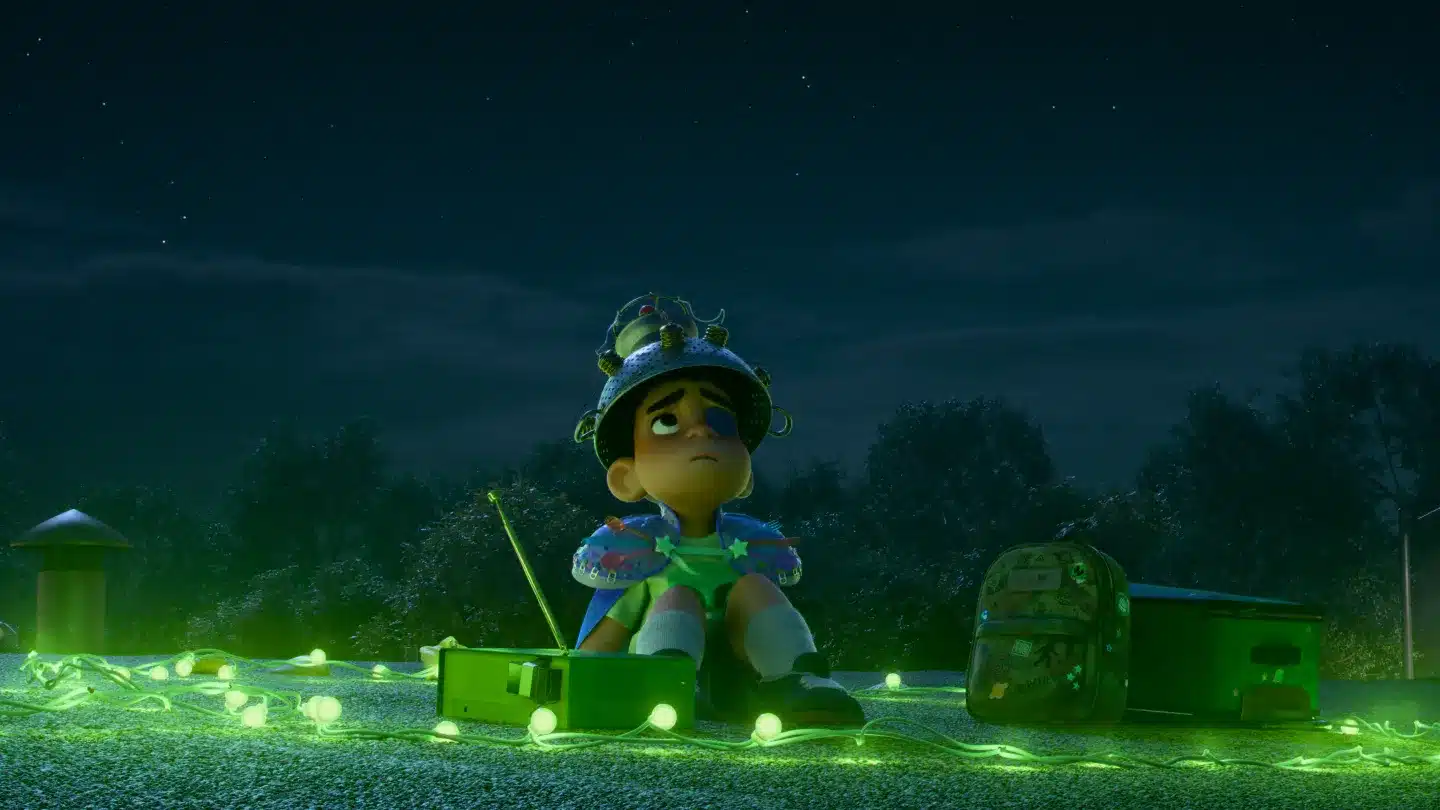When Kaila Yu was growing up, she felt invisible. She was the “model minority kid,” nerdy, and “no boys paid attention to me.” The media gave her few examples of how someone who looked like her could be seen, outside of a very specific, sexualised archetype. To be visible, she thought she had to be that.
“I saw these sexualised images of Asian women in the media and they were highly visible,” she told us. “So I kind of aspired to be that, to be seen.”
Yu’s professional life took her through this image. She became an import model, a fixture in the early 2000s Asian American subculture of modifying Japanese domestic cars. She was on stage as the lead singer of the all-Asian American rock band, Nylon Pink. This path, which gave her visibility and attention, eventually led her to write her new book, Fetishized: A Reckoning with Yellow Fever, Feminism, and Beauty. It’s a book that looks closely at the history of the Asian fetish and how Yu’s own life played into its toxic dynamics.
Yu’s story is about a journey from performing an identity for a specific audience to becoming the intellectual who critiques the very system that created that identity.

The Issues Raised in Fetishized: Violence and the Lie of Empowerment
Yu’s memoir is a clear-eyed look at the issues that defined her youth and continue to hurt Asian women today. The primary focus is the direct, often ignored, link between fetishisation and real-world violence. She stresses that the book is a cultural criticism that investigates “Asian-American history and how the Asian fetish originated.”
The event that forced this intense self-scrutiny was the Atlanta spa shootings in 2021.
“When the sex-addicted white guy went and shot eight people dead and six of them were Asian women, every Asian woman knew it was like, probably the Asian fetish,” Yu explained.
The initial hesitation by law enforcement and media to acknowledge the sexual and racial motivation behind the attacks—to “gaslit us to say it was not sexually or racially motivated”—was a final straw. This event forced her to ask herself difficult questions about her own past. The personal reckoning was sparked by a public tragedy.

The book also deeply confronts the issues of internalised misogyny and the toxic pressures of the 2000s. Yu had bought into the idea that “sexuality is my superpower.”
“I compare that form of empowerment to like doing cocaine,” she said, highlighting its temporary, destructive nature. “It’s not any kind of true empowerment.” She realised this perceived power had an expiration date: “You know, this doesn’t last as you age. It’s A currency that’s always depreciating.”
Furthermore, she calls out the assumption that the “Asian fetish” is a simple aesthetic choice. She suggests that the desire goes deeper, targeting perceived behaviour: “if you’re just preferring Asian women, you’re probably coming with it not with just aesthetic desires, but some kind of desire for behaviour, which like usually someone with an Asian fetish expects or wants someone who’s more submissive and more docile and more easier to manage, frankly.” She aims to expose this controlling and racist dynamic.
The Wake-Up Call from Atlanta and the Healing Process
The catalyst of the Atlanta shootings propelled Yu to use her platform as a writer. This need to confront her past became what she calls a “reckoning”—an “awakening where like, oh, I played into this… i did help perpetuate it.”
The book’s structure, a memoir-in-essays, was essential to this process. It allowed her to break down complex cultural issues (like the impact of the film Memoirs of a Geisha) and relate them directly to her life.
What is Yu trying to do? First, she is demanding clarity and accountability. She stresses that fetishisation is “not a harmless compliment, but a form of violence.” By sharing her own story of assault and trauma, she challenges the idea that this form of objectification is trivial.
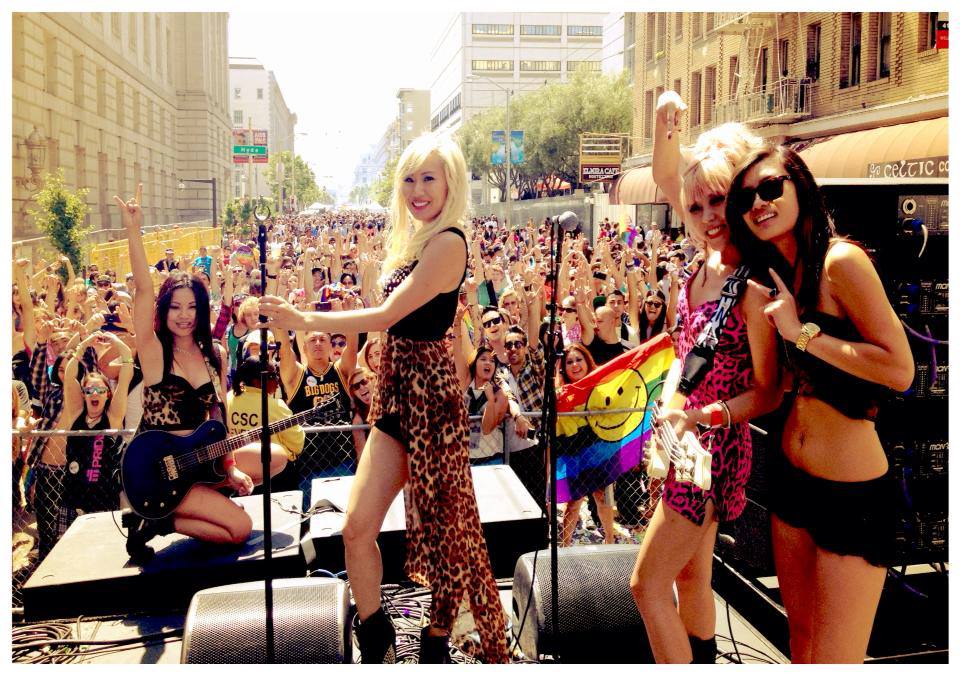
Second, she is trying to redefine empowerment for her readers. Instead of seeking external validation, she pushes for self-acceptance. “True empowerment, i think, is like really embracing your authenticity… just leading with the insides instead of the outsides.”
Third, the book is an act of personal healing. She described the process of writing down her traumas as “unexpectedly, the most healing thing i’ve ever experienced.” By forcing herself to put the truth on paper, she found closure. “Writing about it really made things very clear, like what like there was no if, ands, and buts about what it was.” The book serves as validation for other women who have suffered in silence: “It’s just shocking, you know, to find out how many women can relate to it.”
Finally, she is calling for structural change in the media. While she acknowledges progress with global phenomena like K-Pop, she asserts that the solution is not more representation, but better representation driven by the right people. “The major thing to change everything is to have Asian people producing, directing, and writing these things,” she stated.
If you want to understand the full context of this reckoning, the book is available for purchase now.


